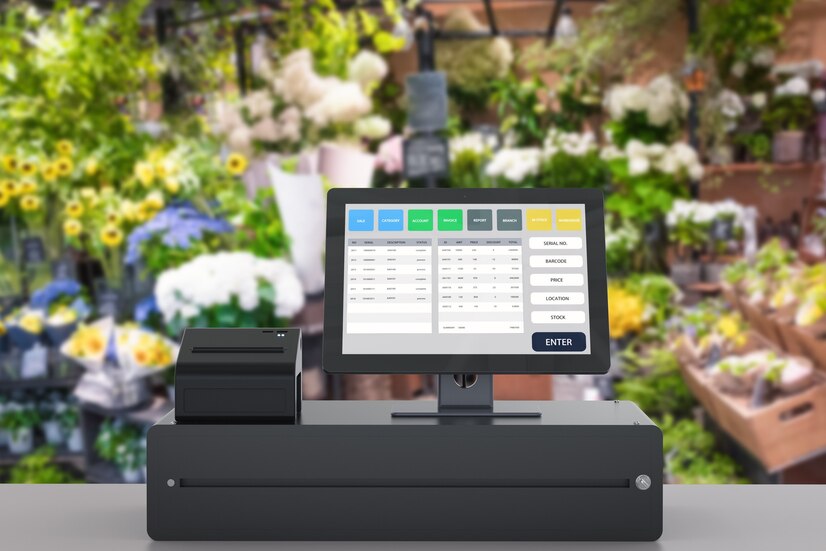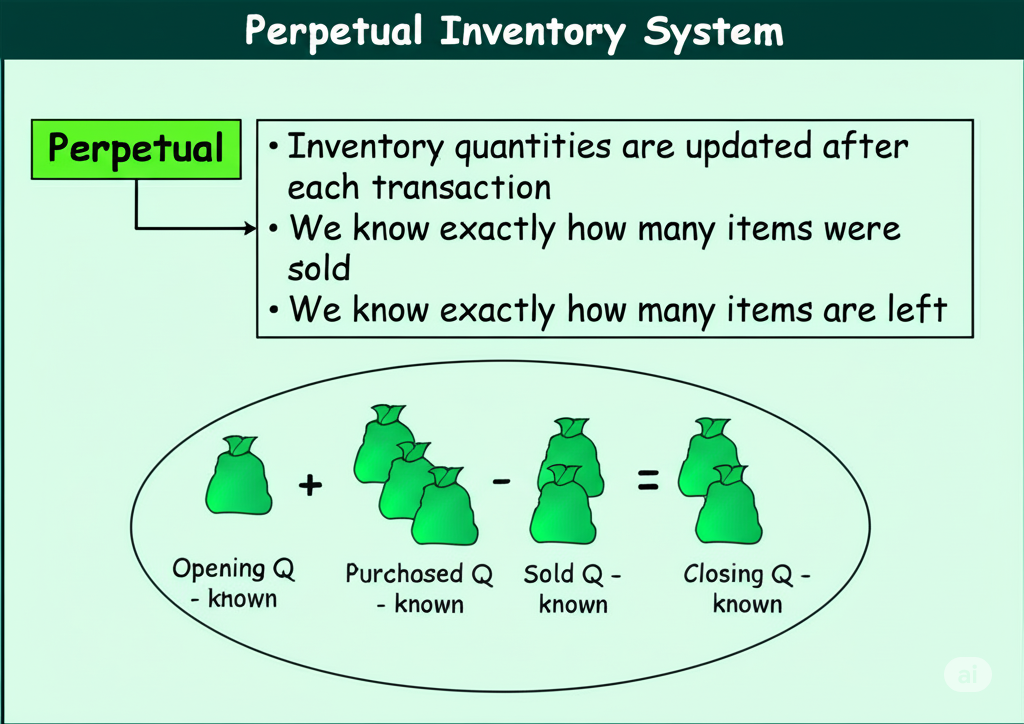Point of Sale System is the cornerstone of streamlined operations, boosting sales, and enhancing customer satisfaction.
In today’s fast-paced business environment, efficiency isn’t just a luxury—it’s a necessity. Every transaction, no matter how small, plays a critical role in the overall success of a business. This is where the Point of Sale system (POS) comes into play. A POS system is more than just a cash register; it’s the backbone of any modern retail operation, seamlessly integrating sales, inventory, and customer management into one streamlined process.
Businesses of all sizes, from small local shops to large retail chains, are increasingly relying on POS systems to enhance their operational efficiency and provide better service to their customers. But what exactly is a Point of sale system, and why has it become such an integral part of modern commerce? This guide will walk you through the fundamental concepts of POS systems, exploring their components, benefits, and the ways they can transform your business operations.
Whether you’re new to the concept or looking to upgrade your existing system, understanding the ins and outs of a POS system is crucial to making informed decisions that can propel your business forward.
What is a Point of Sale System (POS)?

A Point of Sale system (POS) is the central hub where a business completes its sales transactions. It’s the point where customers make payments for goods or services, and where sales, inventory, and customer data converge. Modern POS systems go beyond basic transaction processing, offering an integrated solution that combines hardware and software to streamline operations, track sales, manage inventory, and enhance customer service. Whether in-store or online, a POS system is essential for efficient business management.
That’s why we’ve created a powerful point-of-sale software that lets you manage your business from anywhere, using any device. Whether you’re on a mobile phone, mobile POS terminal, laptop, or countertop POS terminal. Get a free demo here
Core Components of a POS System
A point-of-sale system is composed of several key components that work together to facilitate smooth business operations.
- Hardware: This includes physical devices like terminals, barcode scanners, receipt printers, and cash drawers that handle the transactional process.
- Software: The software manages critical business functions such as inventory tracking, sales reporting, and customer management, ensuring that all data is synchronized and easily accessible.
- Payment Processing: This component securely handles transactions, allowing customers to pay via various methods, including credit cards, mobile payments, and more.
These components combine to create a robust system that enhances the efficiency and effectiveness of daily business operations.
How Does a POS System Work?
A POS system operates by processing transactions through a simple, yet efficient workflow. When a customer makes a purchase, the system scans the items, calculates the total, and processes the payment. Simultaneously, it updates inventory levels, records the sale, and generates a receipt. This seamless integration of tasks ensures accuracy and speed, making the checkout process smooth for both businesses and customers. The Point-of-sale system also stores transaction data, providing valuable insights for future business decisions.
Benefits of Implementing a POS System
Implementing a POS system offers numerous advantages that enhance business efficiency.
- Improved Accuracy: Automating transactions reduces human error, ensuring precise sales and inventory tracking.
- Streamlined Operations: POS systems integrate multiple business functions, from sales to inventory management, simplifying day-to-day operations.
- Enhanced Customer Experience: Faster checkouts, loyalty programs, and personalized service contribute to higher customer satisfaction.
- Data-Driven Decisions: Access to real-time data and comprehensive reports helps businesses make informed decisions to drive growth.
A POS system is not just a tool; it’s a strategic asset that supports business success. interested in more in-depth benefits check out Alice pos The 27 Advantages of POs system
Choosing the Right POS System for Your Business
Selecting the right POS system requires careful consideration of your business’s specific needs.
- Business Size and Type: Choose a system that scales with your business, whether you run a small retail shop or a multi-location enterprise.
- Features and Functionality: Ensure the POS system offers features that align with your operations, such as inventory management, customer relationship tools, and robust reporting.
- Ease of Use: Opt for a user-friendly interface that minimizes training time and enhances efficiency.
- Cost and Support: Balance the cost with the value offered, and ensure reliable customer support is available.
The right POS system should not only meet your current requirements but also grow with your business, driving long-term success.
Future Trends in Point of Sale Systems (POS)
The future of POS systems is marked by innovation and adaptability.
- Mobile Payments: The shift toward mobile and contactless payments is growing, offering convenience and speed.
- Cloud-Based Solutions: Cloud POS systems provide flexibility, allowing businesses to manage operations from anywhere with internet access.
- AI and Analytics: Advanced analytics and AI-driven insights will enable more personalized customer experiences and smarter business decisions.
- Integration with Emerging Technologies: POS systems will increasingly integrate with IoT devices, enhancing automation and efficiency plus Human Resource management.
These trends are shaping the evolution of POS systems, making them more powerful and versatile tools for modern businesses.
Conclusion
A POS system is more than just a tool for processing transactions—it’s a comprehensive solution that drives efficiency, improves customer experiences, and provides valuable insights for business growth. By understanding its components, benefits, and evolving trends, businesses can make informed decisions when choosing the right POS system. Investing in a reliable point-of-sale system is a strategic move that can streamline operations and position your business for long-term success.





